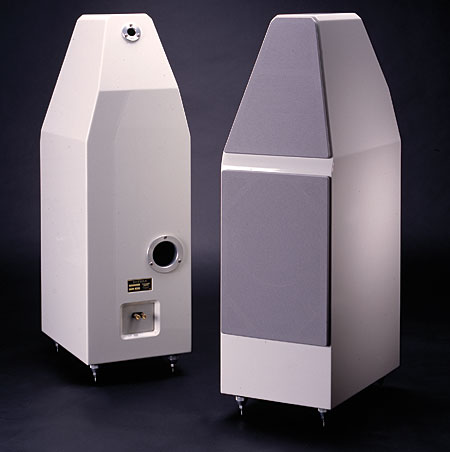
The Fifth Element #58 Contacts
The Fifth Element #58 Contacts

- Read more about The Fifth Element #58 Contacts
- Log in or register to post comments
The Fifth Element #58 Page 3
The Fifth Element #58 Page 3

- Read more about The Fifth Element #58 Page 3
- Log in or register to post comments
The Fifth Element #58 Page 2
The Fifth Element #58 Page 2

- Read more about The Fifth Element #58 Page 2
- Log in or register to post comments
Recording Rules for Orchestras Page 3
Recording Rules for Orchestras Page 3
- Read more about Recording Rules for Orchestras Page 3
- Log in or register to post comments
Recording Rules for Orchestras Page 2
Recording Rules for Orchestras Page 2
- Read more about Recording Rules for Orchestras Page 2
- Log in or register to post comments
Recording Rules for Orchestras
Recording Rules for Orchestras
- Read more about Recording Rules for Orchestras
- Log in or register to post comments


As usual, I'm behind the power curve, but I really like this stuff. The Cosmic Game is really etherial, hypnotic, melodic and well-recorded.
Check out this one featuring David Byrne:
http://www.youtube.com/watch?v=ifaNmSxp_04&feature=related
Then This follows on the album
http://www.youtube.com/watch?v=HavRsf7fcLA
From Mirror Conspiracy: